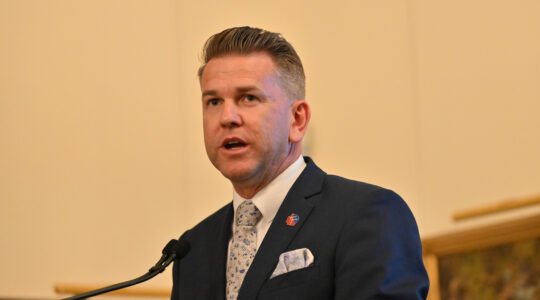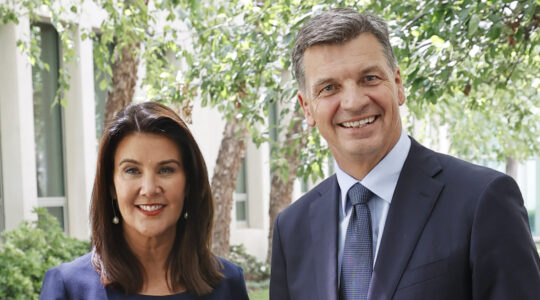Aussies believe the nation is heading in the right direction, but opinions vary depending on your age and where you live.
The insights were revealed in the latest Australian Unity Wellbeing Index, compiled in conjunction with Deakin University, which is the country’s longest-running study of subjective wellbeing.
Deakin University Senior Research Fellow Dr Kate Lycett said this year’s survey, now in its 25th year, was the largest annual sample to date, capturing responses from nearly 10,000 adults across Australia.
Dr Lucett said it offered the most detailed view yet of how Australians feel about their personal lives and life in the nation.
She said the index measured Australians’ satisfaction across two dimensions — personal wellbeing, which includes satisfaction with areas of life such as relationships, health, and standard of living, and national wellbeing, covering areas such as the economy, government, and social conditions.
“These data provide valuable insights beyond traditional economic and objective data; they show us how people are feeling.”
Dr Lucett said the Personal Wellbeing Index remained stable compared to 2024, while the National Wellbeing Index rose notably from 55 to 58, with satisfaction improving across five of six areas of national life — including government, business, and the economy.
She said the survey showed that economic and generational divides continued, with electorates and individuals with lower household incomes recording some of the lowest personal and national wellbeing levels.
“Younger Australians also reported significantly lower personal wellbeing.”
Dr Lucett said there was also an urban–regional national wellbeing divide, with the highest-scoring electorates on national wellbeing in capital cities, while, on average, regional areas recorded lower satisfaction across every national life domain.
“The findings should drive awareness and investments to support wellbeing, such as place-based services, infrastructure and opportunities for community actions.”
Australian Unity Group Managing Director & Chief Executive Officer Rohan Mead said the findings revealed a situation where younger Australians reported diminished wellbeing and regional communities experienced poorer health outcomes.
“We must now turn our attention to building a future-ready system—one that is equitable, resilient and capable of enhancing the wellbeing of Australians, across generations and geographies,” Mr Mead said.
Download: The Australian Unity Wellbing Index








